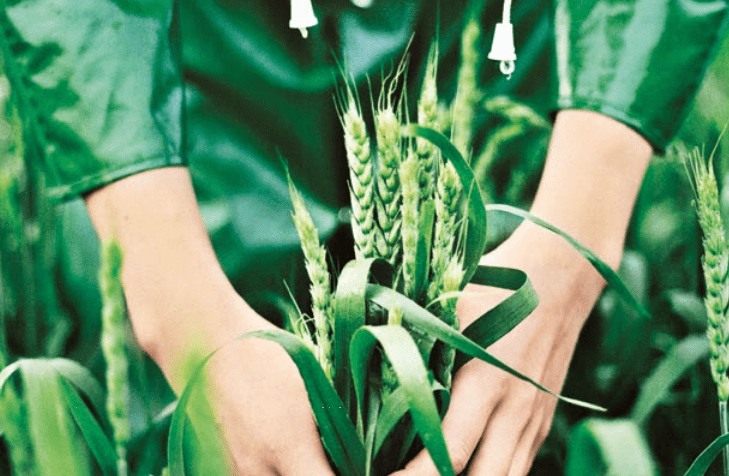Companies such as Syngenta, Bayer and Basf export banned pesticides within the territory of the European Union.
In general, within the European Union many pesticides are prohibited or restricted due to their negative impacts, as described in Regulation (EC) No. 1107/2009 and Regulation (EC) No. 396/2005 (Commission European, 2019).
However, according to an analysis published by the European Parliament, companies based in the European Union export large quantities of pesticides whose use is banned in the bloc to developing countries where regulations on their use are less strict.
Manufacturers based in the European Union planned to export 81,615 tonnes of banned pesticides for use on the block in 2018.
More than half, 42,636 tonnes, would go to developing countries, according to NGO research that obtained data from the European Chemicals Agency and regulators in Belgium, France, the United Kingdom and Germany.
The top 20 destinations were Brazil, Mexico, Indonesia, Malaysia, Colombia, Ukraine, Peru, South Africa, the Russian Federation, Morocco, India, Chile, Honduras, Vietnam, Ecuador, Egypt, Thailand, Cuba, Turkey and Guatemala.
Pesticides
According to the same analysis, the perceived role of these products in reducing uncertainty regarding crops means that the scale at which pesticides are used is expanding rapidly.
Both large producers and small farmers buy pesticides.
Pesticide subsidies have become less common in most developing countries since the 1990s, due to a combination of structural adjustment policies and emerging sustainability thinking.
Currently, around two million tons per year are used globally, most of which are herbicides (50%), followed by insecticides (30%), fungicides (18%) and other types such as rodenticides and nematicides.
Even as the EU sees a decline in regulatory approvals for chemicals used in pesticides, demand is increasing in many developing countries, which together account for a quarter of global pesticide use.
![]()

